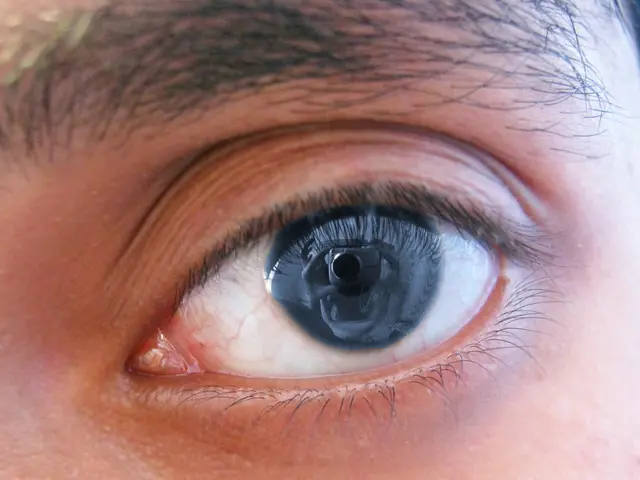The highest legal authority in the UK establishes that the term 'woman' is defined biologically, referring to one's biological sex.
Breaking: UK's Supreme Court ruling sets new standard for trans rights
London, UK - In a groundbreaking decision, the United Kingdom's Supreme Court determined that the term 'woman' under equality legislation is exclusively tied to biological sex. However, this verdict does not leave trans people at a disadvantage, as they still maintain rights related to gender reassignment.
The latest judgement is a part of the broader conversation surrounding transgender rights that has made its way to the courts.
The case in question, For Women Scotland Ltd v The Scottish Ministers, examines whether a trans woman, holding a gender recognition certificate (GRC) - a legal document acknowledging an individual's new gender identity - qualifies for protection against discrimination as a 'woman' under Britain's Equality Act.
Scottish officials' guidance declared that a trans woman with a GRC is legally recognized as a woman, but this stance was challenged by campaign group For Women Scotland, who argued that rights under the Equality Act should be based on biological sex alone.
Following a loss in the Scottish courts, the Supreme Court ruled in favor of For Women Scotland in November 2024. The decision was met with applause outside the courthouse.
"Our decision states that the terms 'women' and 'sex' in the Equality Act 2010 refer to a biological woman and biological sex," said deputy president of the Supreme Court, Patrick Hodge. He emphasized that this interpretation does not confer any disadvantages to trans people, regardless of whether they possess a GRC.
Critics of the Scottish legislation warned that its definition might impact single-sex services for women, such as refuges, hospital wards, sports, and more. Meanwhile, transgender campaigners expressed concerns that the court's decision could lead to employment-related discrimination against individuals holding a GRC.
In the United States, legal battles are continuing after President Donald Trump issued orders barring transgender people from military service.
This landmark ruling has far-reaching implications for the interpretation of the Equality Act 2010 and the rights of transgender individuals in the UK. Post-ruling, trans women without a GRC may experience restrictions in accessing women-only facilities, while discrimination protections based on gender reassignment remain unchanged.
Further legal challenges and public debates are expected regarding the recognition and protection of gender identity in UK law.
The Supreme Court's decision has sparked discussions about the intersection of science, health-and-wellness, and sexual-health, as transgender individuals grapple with the potential impact on their access to single-sex services, such as hospitals and refuges. The decision might also influence future debates on sexual health rights for trans individuals.








